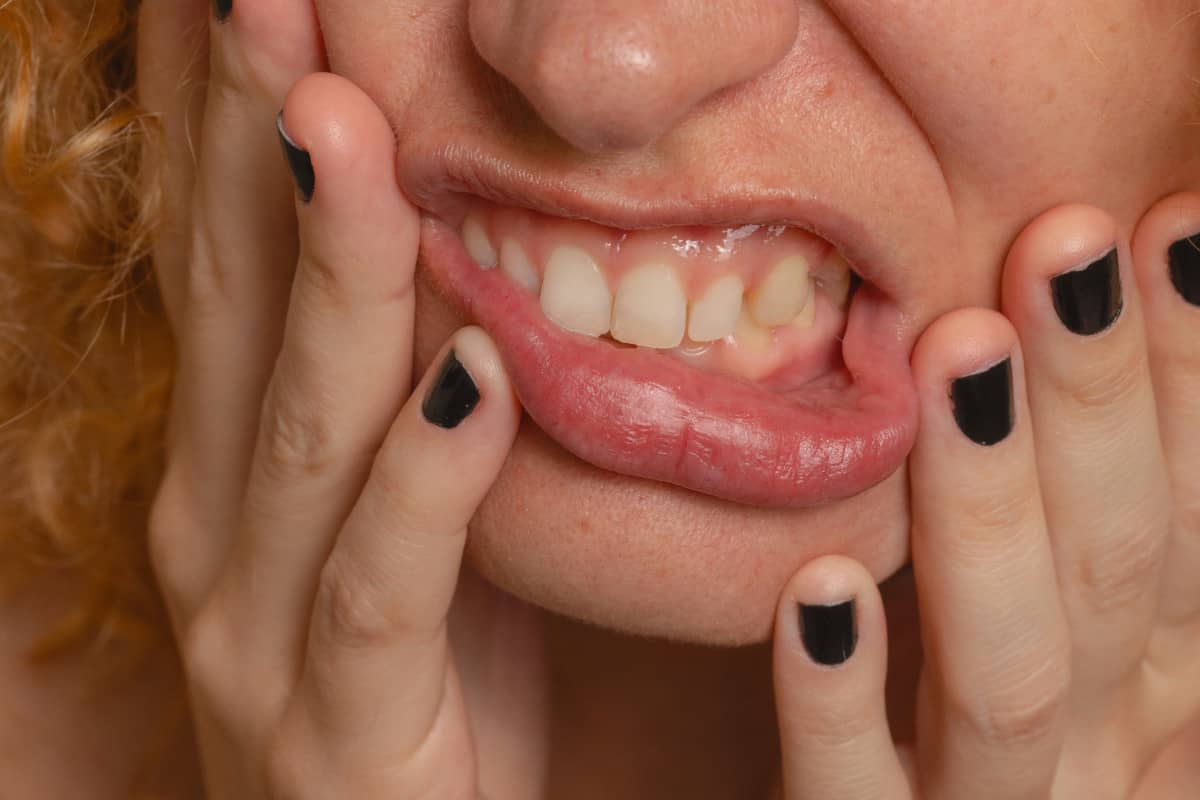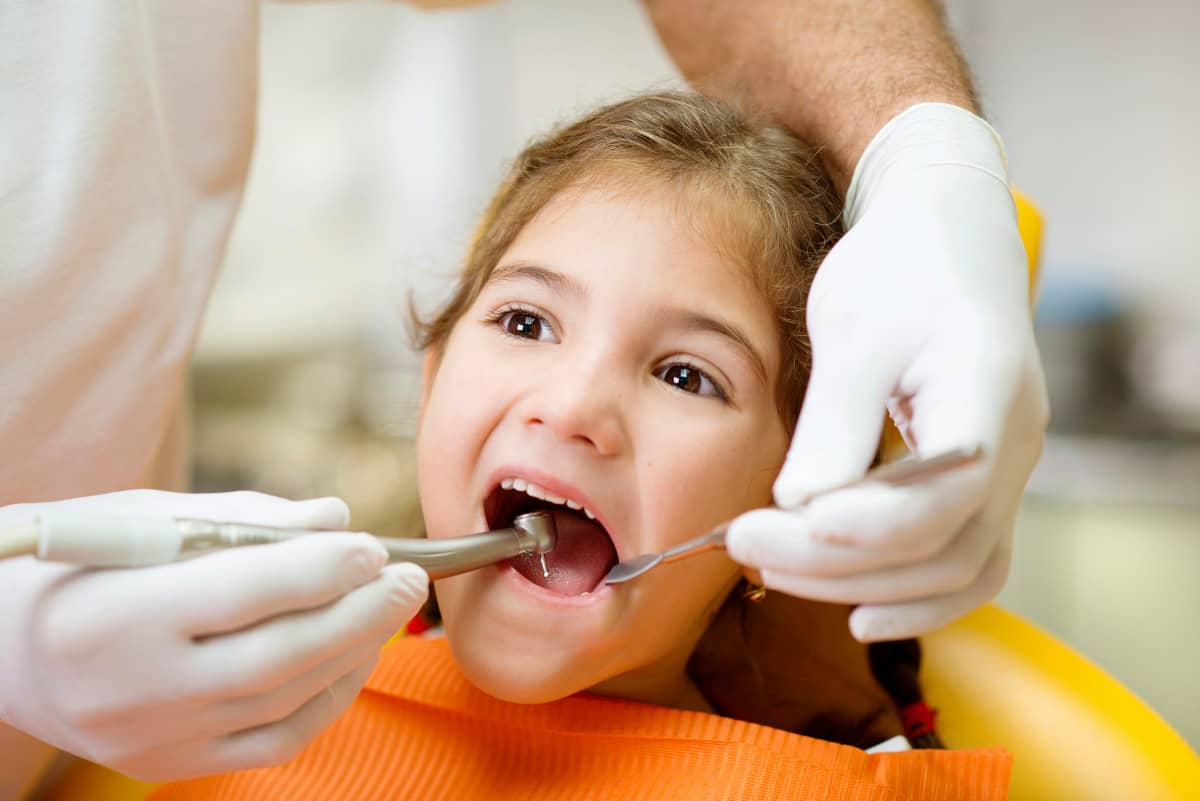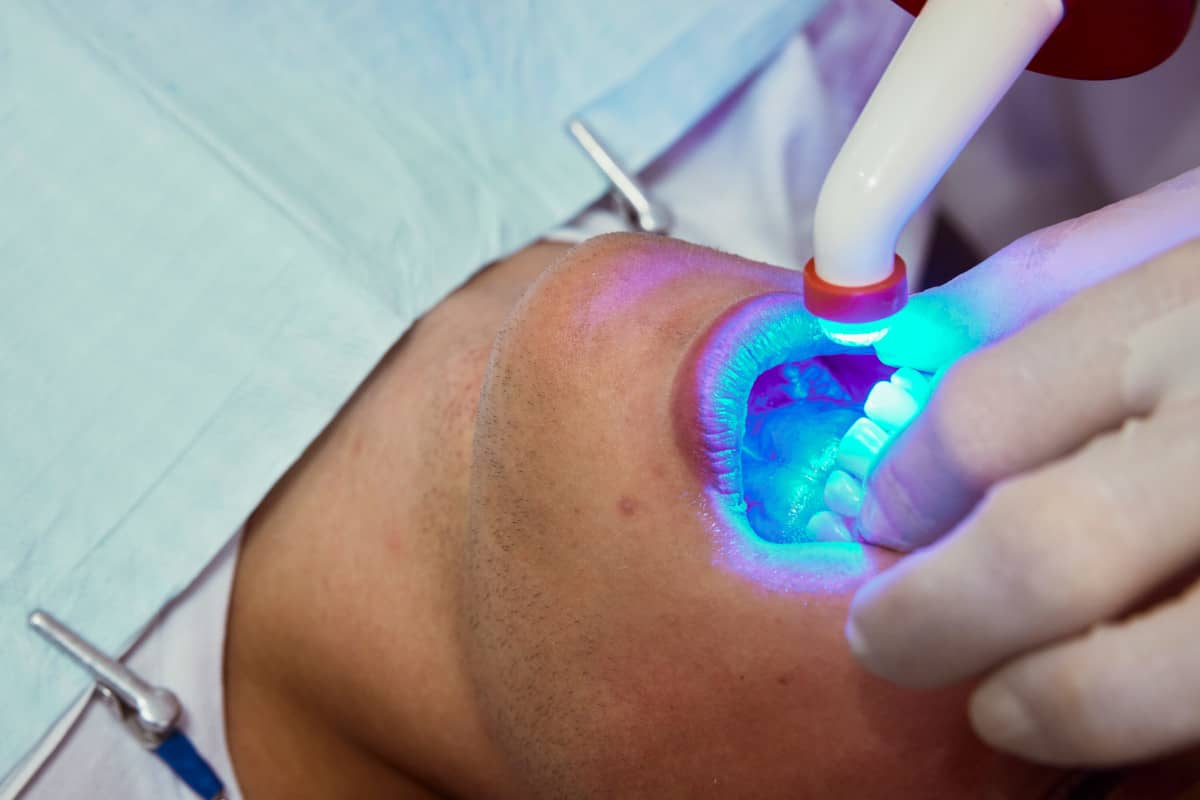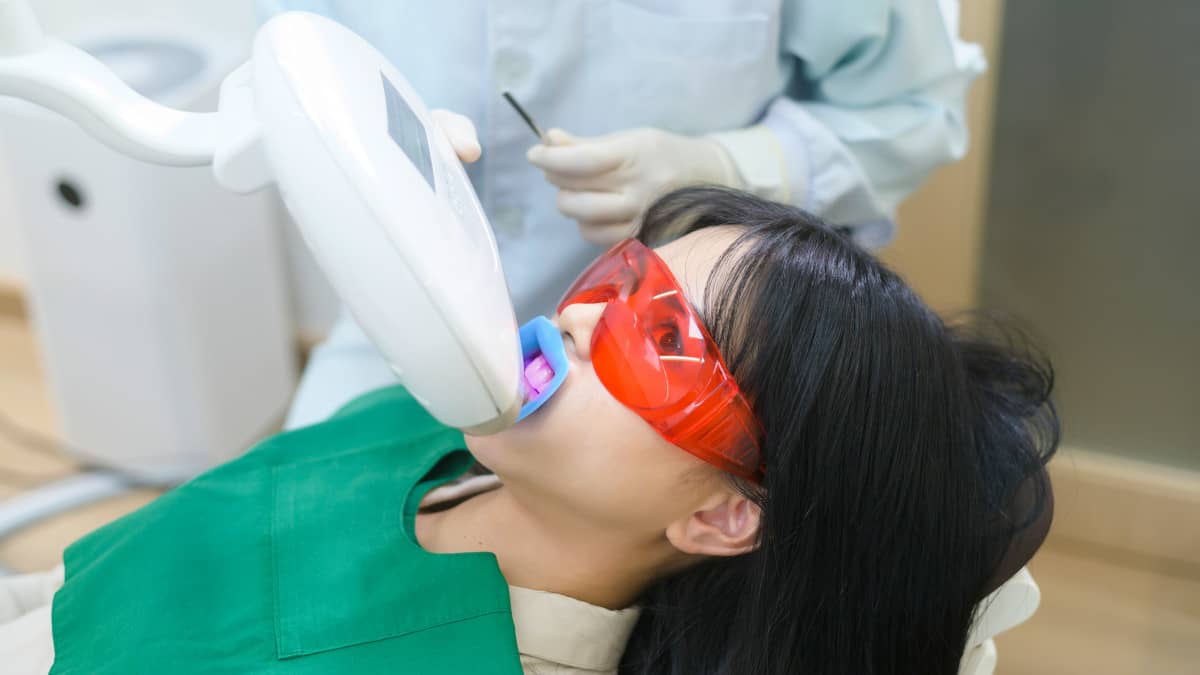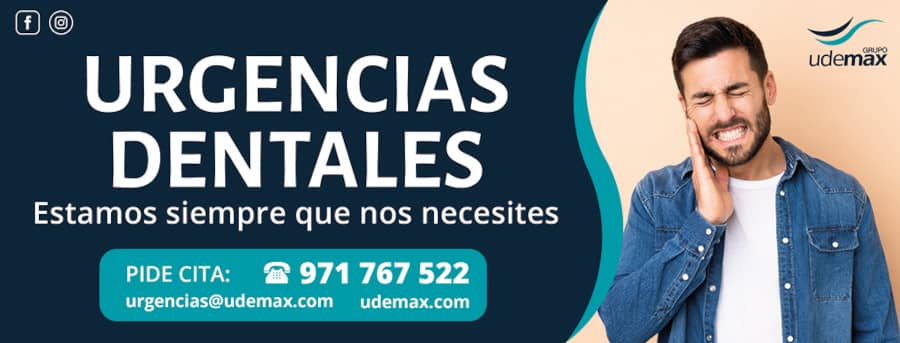
WHAT IS A DENTAL EMERGENCY?
URGENCY or NON-URGENCY
Due to the current situation of lack of protection supplies, our clinics have had to proceed with an ERTE, so we currently have no auxiliary staff to attend to your emergency.
Clinicas Udemax echoes what is indicated by the American Dental Association and the General Council of Dentists of Spain, which offer guidance to determine the urgency of dental treatments.
In a statement issued on 16 March, the American Dental Association (ADA) called on dentists nationwide to postpone elective dental procedures for three weeks so that dentistry can do its part to mitigate the spread of COVID-19.
Focusing on emergency dental care only during this time period will allow dentists and their teams to see emergency patients and ease the burden that dental emergencies would place on hospital emergency departments.
The following should be helpful in determining what is considered “urgent” versus “non-urgent”.
1. dental urgency
Dental emergencies are life-threatening and require immediate treatment to stop ongoing tissue bleeding, relieve severe pain or infection and include:
1. Uncontrolled bleeding.
2. Cellulitis or diffuse bacterial soft tissue infection with intraoral or extraoral swelling that may compromise the patient’s airway.
3. Trauma involving the facial bones, which may compromise the patient’s airway.
URGENT CARE.
Urgent dental care focuses on relieving severe pain and/or risk of infection and to alleviate the burden on hospital emergency departments.
These should be treated as minimally invasively as possible.
1. Severe dental pain due to pulpal inflammation. Endodontics. o. Deep caries
2. Pericoronitis or pain in the third molar (inflammation in the gum).
3. Postoperative surgical osteitis, dry dressing changes.
4. Abscess or localised bacterial infection causing localised pain and swelling.
5. Tooth fracture causing pain or soft tissue trauma.
6. Dental trauma with avulsion / luxation.
If it is not any of these causes, please wait until the situation improves, for your safety and ours.
If it is any of these cases, pain or inflammation and you do NOT suffer from any of the symptoms of COVID-19, you can request an emergency visit in which we will solve this urgency.
If this is your case, two dentists will travel to your home and will open the consultation specifically for you.
2. Non-urgent dental procedures.
Routine or non-urgent dental procedures include, but are not limited to:
1. Initial or periodic oral examinations and recall visits, including routine x-rays.
2. Routine dental cleaning and preventive therapies.
3. Orthodontic procedures other than to address acute problems (e.g., pain, infection, trauma).
4. Extraction of asymptomatic teeth.
5. Restorative dentistry, including the treatment of asymptomatic carious lesions.
6. Cosmetic dental procedures

